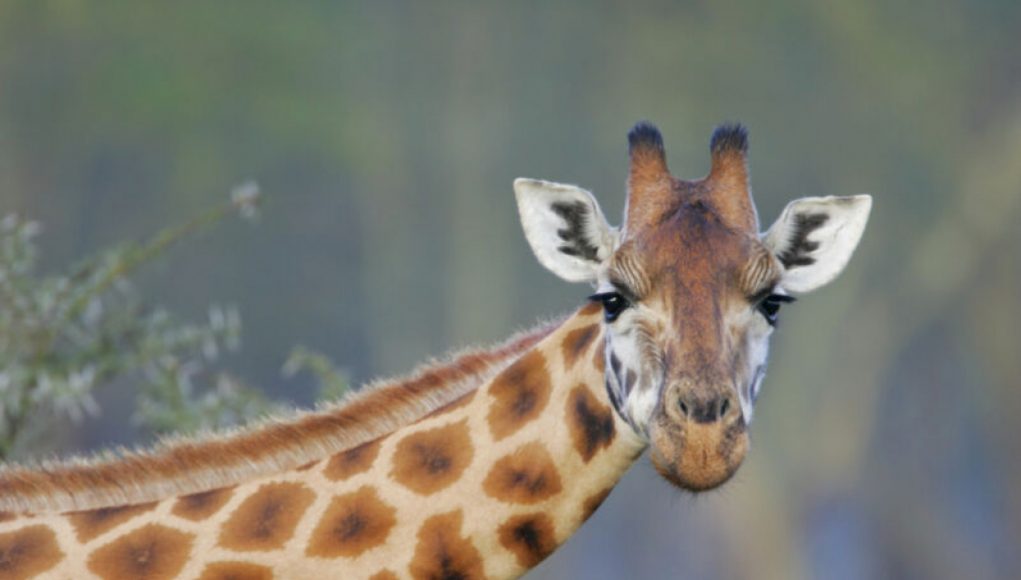Get ready to be amazed! We humans may not always be great at reasoning about probabilities, but it’s a skill we possess nonetheless. And while there are only a few animal species that have demonstrated the ability to make choices based on statistics, a recent study suggests that this skill may be more widespread than we previously thought. Even giraffes, with their relatively small brains, seem to be capable of managing probabilities!
Now, you might be thinking that reasoning based on probability and statistics is complicated, but it’s actually something we do all the time. From deciding what to bet in poker to choosing a route for our commute, we weigh the likelihood of various factors. Of course, we’re not always great at it (hello, fear of flying!), but the capacity to do so is there.
It’s worth noting that this ability is distinct from basic numeracy. When we choose a checkout line at the grocery store, we’re typically just counting the number of people in each line, not weighing any sort of probability. So how do we know if an animal is capable of probabilistic reasoning? Behavioral scientists have developed an approach where they start with a mixture of things the animal desires along with items they’re indifferent to and vary the number and ratio of both. In the case of giraffes, this means giving them mixtures of carrots or zucchini—given the choice, they’ll go for the carrots every time.
For the experiment, researchers showed the giraffes tubs with mixtures of the two vegetables, then grabbed a single item from each without the giraffe being able to see what was in each hand. The animal would then gesture to one of the hands and receive whatever food item it held. In the basic test, the researchers had two tubs: one that contained 20 carrots and 80 pieces of zucchini and another that contained 80 carrots and 20 pieces of zucchini. And guess what? All four of the tested giraffes immediately figured out which hand had a higher probability of holding a carrot at least 17 times out of 20.
So there you have it: even giraffes are capable of managing probabilities. Who knows what other animals might surprise us with their cognitive abilities in the future?
Recent studies have found that giraffes are capable of more complex cognitive tasks than previously thought. This is demonstrating that their small brain size does not limit their abilities in the way previously assumed.
Researchers from the Max Planck Institute for Ornithology in Germany studied the brain waves of giraffes to look for signs of cognitive processing. The study found that the animals were able to detect patterns in a background noise similar to a statistical analysis.
This indicates that giraffes may be capable of more advanced cognitive functions than previously believed, as they are able to make nuanced distinctions between sounds to detect patterns despite having small brains.
The study also suggests that many other animal species may also be capable of more complex cognitive tasks than previously believed. This is due to the fact that larger brains do not necessarily equate to more advanced cognitive abilities.
In addition to detecting patterns in noise, other studies have also found that giraffes are capable of solving mazes and remembering locations. This suggests that they may have a more sophisticated spatial memory than previously thought.
Overall, these studies demonstrate that animals, particularly giraffes, are capable of more complex cognitive tasks than previously believed. This is demonstrating that their small brain size does not necessarily limit their abilities, and that many other animal species may have more advanced cognitive abilities than previously thought.




















